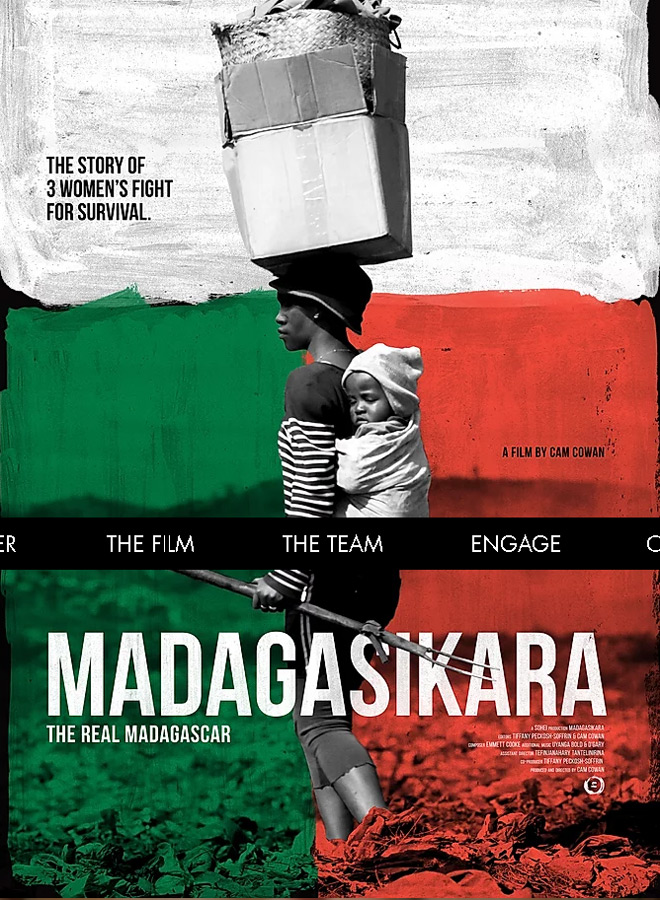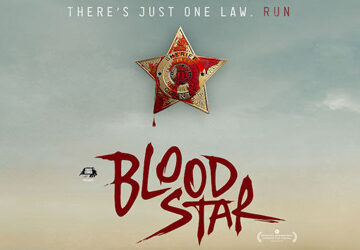Global Digital Releasing previously brought audiences the acclaimed documentary Film School Africa. Then they stuck to Africa to bring over another highly rated film entitled Madagasikara set for release via VOD and digital platforms on June 26, 2020.
Madagasikara has won 32 awards on the film festival circuit since its original 2018 release. The film also appeared at a brace of festivals ranging from the 2019 Accolade Competition to the Vegas Movie Awards. Most of its awards were won in the Best Documentary, Best Editing and Best Director categories amongst others. That is rather good going for Filmmaker Cam Cowan (Opeka 2020), especially for his first feature-length film.
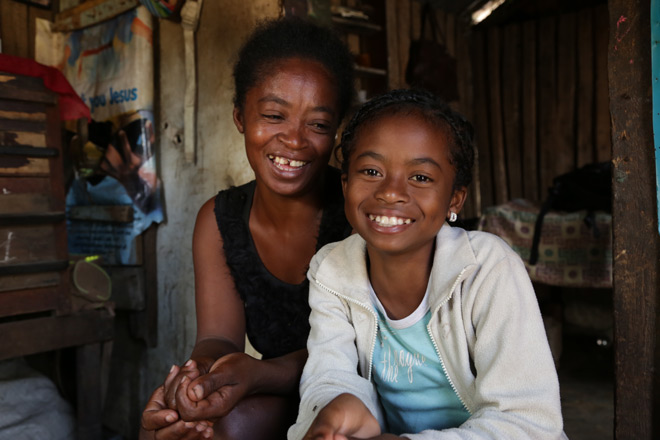
The island of Madagascar has become famous for its lemurs, diverse wildlife, and the animated films. But life for the island’s residents is anything but a whimsical adventure. In 2009 Andry Rajoelina, the mayor of the island’s capital city Antananarivo, ousted President Marc Ravalomanana from his seat. The move was condemned by the international community, who largely terminated foreign assistance to the nation. Madagascar’s revenue fell by 60%, leading it towards one of the worst economic crises in the country’s history. If not the worst.
Inspired by a report on human rights abuses in the nation by the University of Virginia’s Law School students, former attorney-turned-director Cowan traveled to Madagascar in 2014 to examine the situation himself. After four years of filming and post-production, Cowan’s documentary follows the lives of three women- Lin, Tina and Deborah- as they try to make a living for themselves and their family amongst the poverty caused by the nation’s domestic instability and the hypocrisy of the international community.
The film is largely in Malagasy and French with some English, with subtitles available. It runs for just under 90 minutes, not that it takes long to get the message across that things are very rough in the country. If the cold, hard facts about the economy and development do not put that across, the women’s stories will. It is said people often find it easier to sympathize when a plight is told on an individual basis than group by group.
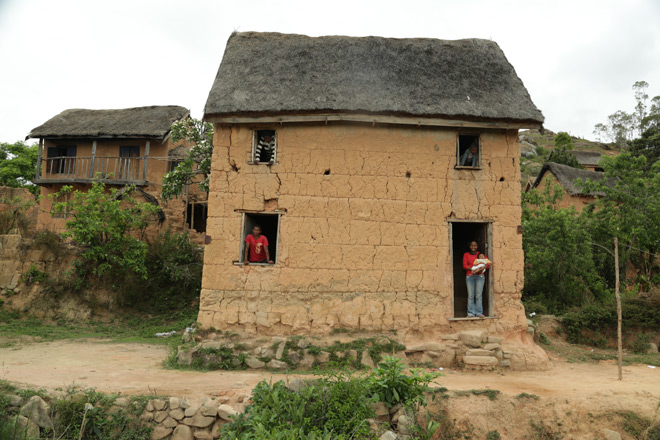
Perhaps it is because it feels more like a related human experience that way than something from a report. Or, perhaps more simply, Lin, Tina and Deborah’s stories of poverty, abuse and trauma are just that heart wrenching. And not just to the audience either, as the women themselves go through a lot reliving their circumstances as they tell them. Life is hard in Madagascar, harder still over the past 10 years, and it has a finger to point at who’s responsible for that hardship.
It does so quite starkly with talking head interviews, footage from then-current day Madagascar, and scenes of the 2009 Malagasy protests amongst others. The film takes the audience through the steps behind the situation and its consequences on the political scale- how Ravalomanana became President, why the protests gained traction, how Rajoelina was named the new President, and how the international community- notably the USA- responded.
Additionally, the film also shows how it affected its subjects. Spots that seemed previously hopeful- Deborah’s educational program, work programs via AGOA (African Growth and Opportunity Act), etc- get snuffed out because said international community supported Ravalomanana. The women were not involved in the politics. Yet they are the ones paying the price for it. The film backs this up by talking to people from UNICEF and the Atamasoa Foundation, as well as document scans highlighting relevant passages. One US Government report argued suspending AGOA in Madagascar would be “catastrophic”, and the women’s plight proves that.
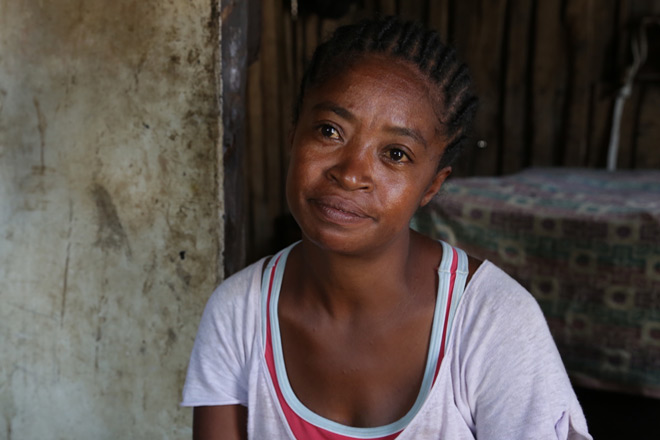
This all in mind, while the extra interviewees are a side dish to the main course, it perhaps could have done with a bit more. The film touches upon the protests that led to the coup, including footage from the protests itself, but it does not get to talk to those involved with them. Tina gets to talk her side politically, casting a blank ballot because she did not care for Ravalomanana. Otherwise the film’s focus is more on the consequences of the coup than the coup itself. It is a minor point, given the women’s lives are the meat of the meal. Still, it leaves one wondering.
Regardless, Madagasikara remains a harsh, detailed look into the struggles of life on the island. Beautifully edited shots are put together to reveal a story that is anything but pretty- how politics and hypocrisy can harm everyone but the responsible parties. By the end, one hopes things will improve for the women and the island altogether. However, the film is clear that if there is a light at the end of the tunnel, it is a dim one for now. Thus, for these reasons, Cryptic Rock gives Madagasikara 4.5 out of 5 stars.
